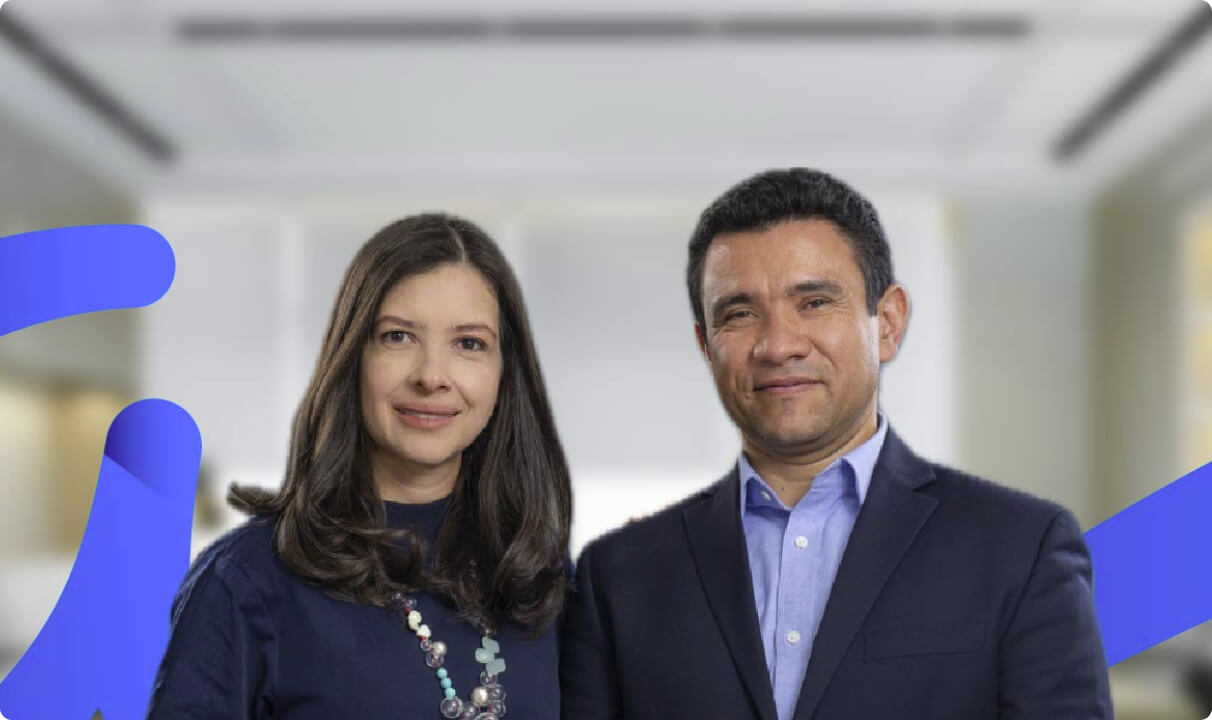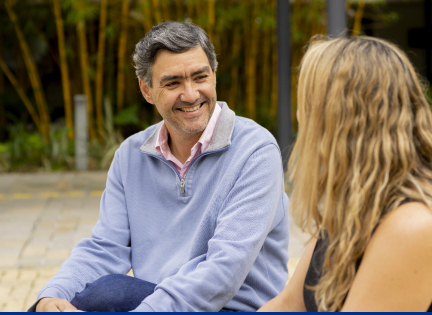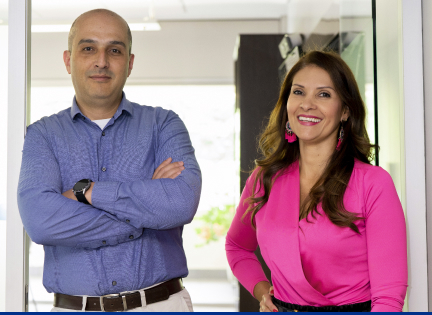By: Juan David Aristizábal
The good news is that we are becoming more and more accustomed to having a country of entrepreneurs. Some years ago, in his book entitled A Puro Pulso, Hollman Morales told the stories of some Colombian businessmen who had made their way, as the title suggests, through hard work and struggle: with their own effort. Today the path is not only wider —largely thanks to those early entrepreneurial leaders— but is also an attractive one for many young people who dream of starting their own business. The positive effect of the pioneers is not limited to the entrepreneurs who follow them, nor to those who will follow: their example has an impact even on those who do not plan to start a company.
I started this article with the good news. You may ask, which one is the bad one? My proposal is that we leave the bad news behind. We have become experts in diagnosis and criticism. There has been enough debate: we know what we must do. Let us stop our obsession to look at the guilty side and instead turn to action. For example, this could be a first element of entrepreneurship. The merciless prioritization of action. This does not mean that I am promoting the elimination of reflection: reflection is vital because it is useless to deploy our energies in the wrong task. As Mauricio Rodriguez used to say, Colombians do not fail in efficiency, but in effectiveness. We are not short of execution skills, but of choice; in doing things that make a difference.
“I started this article with the good news. You may ask, which one is the bad one? My proposal is that we leave the bad news behind. We have become experts in diagnosis and criticism.”
In conclusion: reflection yes, but not as a main protagonist. We have become a nation of criticizers —which is not the same as critics— and it is no surprise: how many initiatives are there every day to discuss the country’s different issues? Thousands of them. Is it a good use of our collective energy? I do not think so. We must prioritize action. We should encourage problem solving rather than over-diagnosis.
This is consistent with another idea that we can learn from entrepreneurs; another one that makes up the entrepreneurial spirit: problems before ideas.
Pay attention to the wrong concept: entrepreneurs are geniuses who come up with great ideas. Error. This is a wrong and limited vision. If we believe that story, then we have the perfect excuse to hide: until we come up with the big idea, we cannot contribute to the world.
A better version: entrepreneurs are people obsessed with solving problems. This is another element of entrepreneurship: obsession with solving problems before falling in love with ideas.
Moreover, if the important thing is to solve problems and not so much to be faithful to the ideas we have in mind, we inevitably reach the third element of the entrepreneurial spirit: the iterative mentality. It is not a reason to give up if the executed idea did not have the expected impact; it is, in fact, information to carry out the next experiment. The following iteration. Results —entrepreneurs are clear about this— are achieved through trial and error, not through planning and implementation. Test, learn, adjust. This is the mantra that we should maintain when dealing with issues.
I had been asked to write about education. However, there is no trace of ICFES in this article, nor dissertations on secondary education, nor of the reforms that we must implement. But that has to do with the message I want to give about education: we must stop seeing education as something that happens in a specific stage of life. We should start understanding it as a lifelong vocation.
What else is over diagnosed? That we live in a world that changes at an accelerated pace and that we must be constantly learning to remain competent. This has already been studied. So, let us act: what are we doing to stay competent? are we making sure we integrate education into our lives, into our day-to-day routines? Entrepreneurs know: if they get lost, they lose the advantage they have earned. Life-long trainees for pleasure, in part, but mostly out of necessity. Fourth element of entrepreneurship: being a lifelong learner.
The problems are there for all to see. No one deprives us from going after them. We are in the era in which we do not need to ask permission to improve our quality of life and everyone else’s. The education we need is also there: just a click away. So, what are we missing? Maybe it is that entrepreneurial spirit.
To solve problems —to improve life— do not necessarily need to create a company. However, we probably need to: turn to action; focus on problems, not on ideas; maintain an iterative mentality that allows us to try until we reach a satisfactory solution; and, finally, make learning and education a life project, not a transitory effort of a few years that leaves us behind and out of date in a world that will not wait for us.







